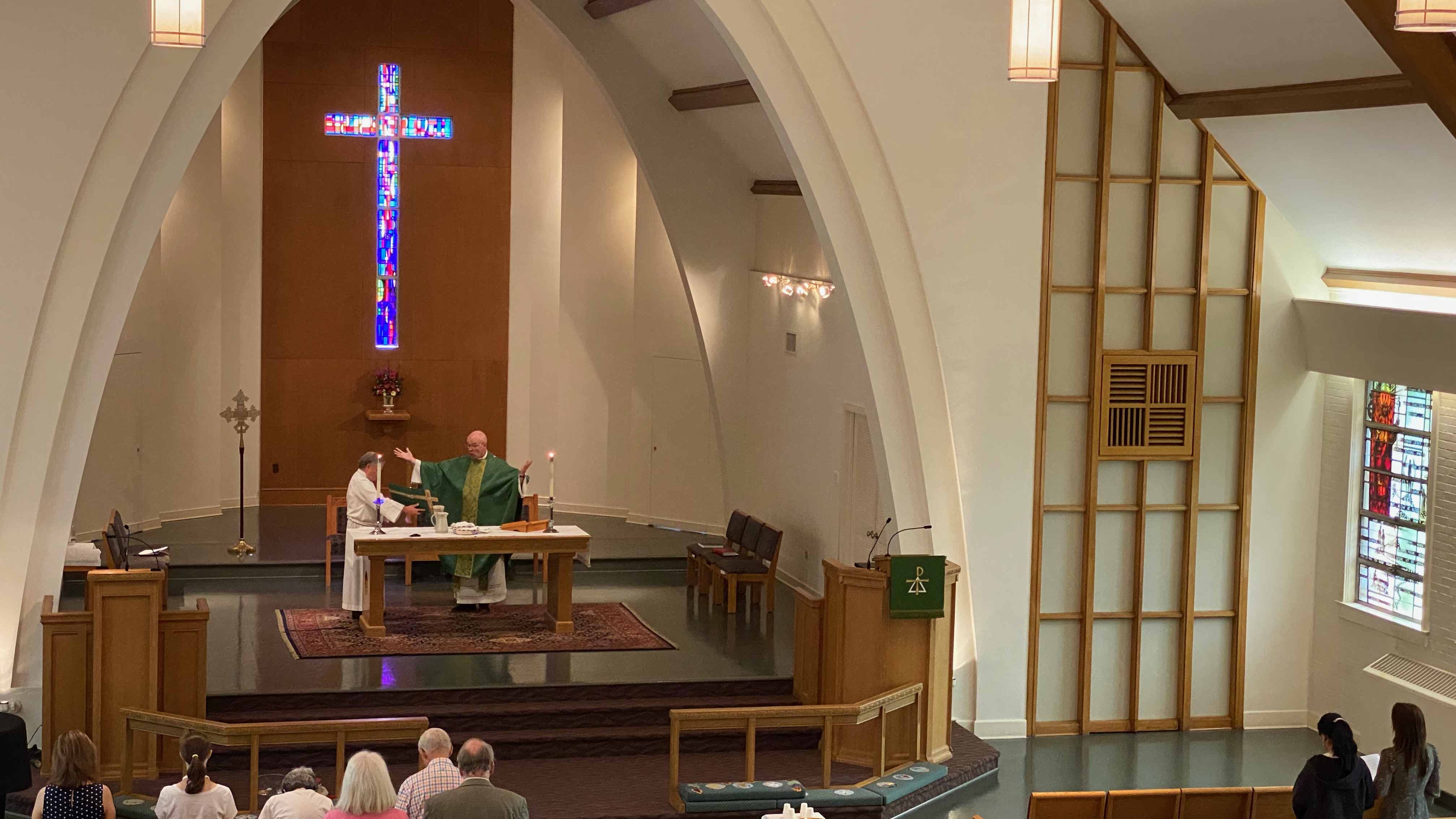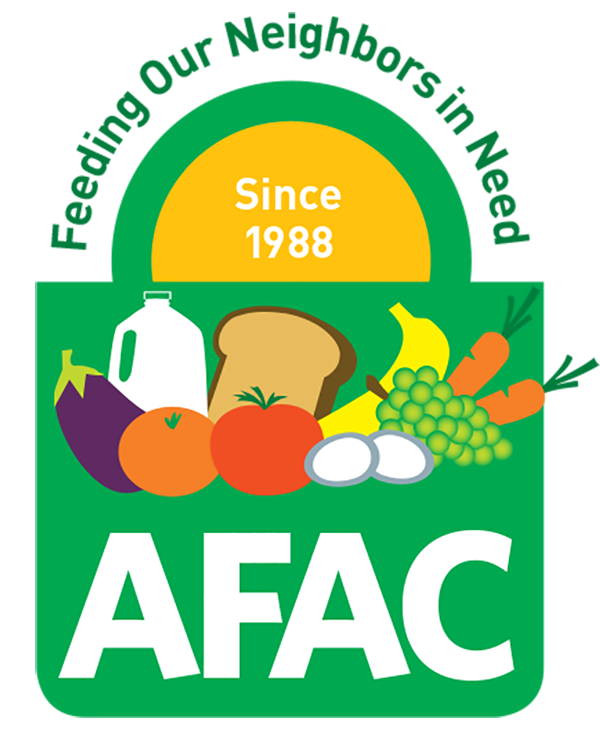Again, this is going on for a long, long time, and may be with us for months and months to come. I cannot help but think of the ancient, biblical Israelites wandering through the desert wilderness for forty years, and the struggles and challenges to faith and to spiritual leadership that troubled and plagued God’s people.
During such times of desert sojourn, it is crucial to seek to discern possible meanings of this experience. Without a sense of meaning or purpose, our suffering is compounded. In contrast, when we can discern meaning, then an edge is taken off our suffering. By way of seeking meaning in these weekly reflections over the course of these months thus far, I have explored the importance of seeing the glass of our circumstances as being both half empty and half full. I have mused on the theme of dormancy in gardening as a crucial time in the processes leading to germination, growth and harvest (and in fact, I have used this time to begin to discern my vision for strategic mission for our congregation which I will begin to share this fall). I have written about the importance of fasting in the Christian life, understanding this period of absence from each other and our usual experience of the means of grace as a spiritual fast. As I write this, I find it helpful to be reminded of such themes, as the remembrance of meaning gives that extra something to endure the rigors of abstinence of these days.
But there is another dimension of meaning that I am drawn to explore more fully today, which builds on my affirmation in another one of these weekly reflections that as Lutherans in gospel freedom, we get to don facial coverings for the sake of the most vulnerable in our society. Wearing facial coverings, engaging in physical distancing, abstaining from gathering for worship in person is all about loving service to those most vulnerable to the coronavirus and Covid-19. Neighbor love is central to Lutheran social ethics, and we engage such love in the freedom of the good news of God’s saving grace.
In the holy daydreaming that birthed this week’s reflection, it strikes me that our discipline to refrain from worshiping in person during this current season is not simply a stance of charity, it is a posture also of advocating for social justice. It is an act of solidarity with those most vulnerable. And who are those most vulnerable? We might first think of our older members, especially those with health issues that make them most susceptible to devastating and deadly effects of Covid-19. Yes, we have them in mind. But let’s expand our horizons beyond our own community. The most vulnerable are, in fact, African Americans and Hispanics, the poor, those who have no choice but to work on the risky frontlines in the lowest paying, but often, most important jobs. In our privilege and comparative affluence, many of the most vulnerable communities seem quite remote from us. But our abstinence from public worship in person is for them. It is doing our part in what should be a society-wide effort to protect them and nurture circumstances for their greater health and well-being.
In my various conversations with members and leaders of Resurrection Church, I am sensing a growing hunger to begin to address themes of social justice, extending our concerns beyond our congregation’s many laudable, charitable efforts to embracing more proactive advocacy for just systems that make for greater commonwealth. Refraining from worshiping in person in this season is not the same as participating in peaceful protest marches, but I would argue that our abstinence nonetheless is, in fact, a stance that seeks justice and not just charity. Think of our sheltering in place in our homes as a kind of sit-down strike, or a sit-in in the spirit of civil rights movements. What we are doing in absenting ourselves from public gatherings is a counter-cultural witness to those whose licentious individualism inhibits them from seeking a greater, common good.
This awareness, this re-framing of our abstinence as a kind of protest, along with the other aspects of meaningfulness that we have explored over these weeks, helps to alleviate for me the pain of long days of social isolation when the possible meaning of this otherwise apparently meaningless time eludes me.
May you likewise be renewed in your sense that our current abstinence from assembling in person has sacred purpose in the cause of God’s justice as we endeavor to love our most vulnerable neighbors as ourselves, especially those neighbors who are circumstantially remote from us.
With that prayer in Jesus’ name,
Pastor Jonathan Linman






